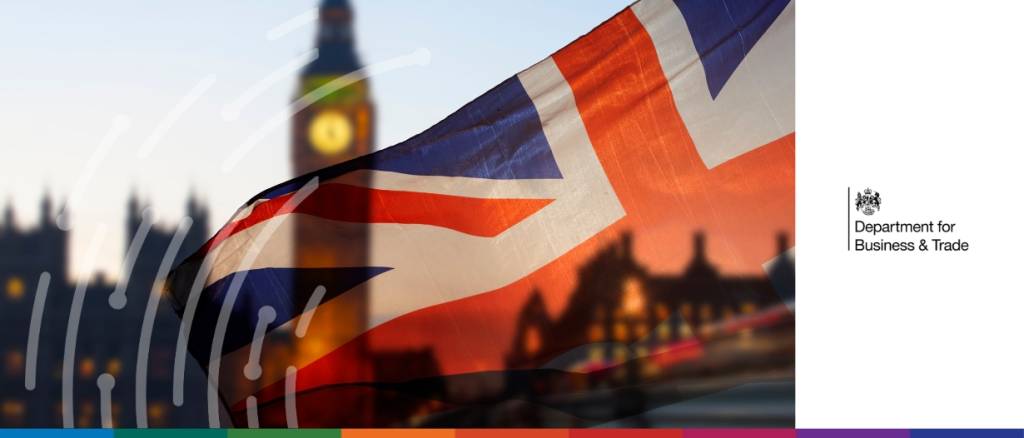In 2023, UK exports in whisky and gin saw a 13% growth, reaching £9.4 billion. This increase is largely driven by young professionals who are opting for high-end brands to demonstrate “status and success”.
The UK has provided loan guarantees allowing Standard Chartered Bank to organise financing, enabling British exporter Innovo Group to secure a €415 million contract for essential infrastructure projects in Benguela Province, Angola, situated on the west coast adjacent to the Atlantic Ocean.
British investment managers have received approval to develop tokenised funds, a process where assets are divided into smaller tokens supported by blockchain technology, as stated by the industry’s trade body… read more →
Today, at its annual conference, UK Export Finance (UKEF) announced the introduction of more flexible, fast-track financing for SMEs, aiming to facilitate easier access to international markets for UK firms.… read more →
Trade has been the engine of economic growth in London for centuries. From the founding of the city by the Romans down to its modern, finance-focused incarnation, the capital has been defined by its interaction with other nations and peoples via trade.
The United Kingdom and South Korea are set to begin discussions on a new, comprehensive trade deal aimed at amplifying bilateral trade. South Korea, the world’s 13th largest economy, is… read more →
The UK government today unveiled a £1 billion investment dedicated to 55 innovative projects, marking a step in revitalising communities across the nation. This funding, a core component of the… read more →
To help understand how the UK government is staying ahead of these changes, Trade Finance Global’s (TFG) Brian Canup spoke with Minister Nigel Huddleston, Minister of State at the Department for Business and Trade
Pressure is mounting on the UK government to reconsider its position on intellectual property rights in ongoing free trade talks with India. Academics, parliamentarians, healthcare professionals, and charitable organisations have… read more →
Britain declared on Monday that it will enact its inaugural set of regulations aimed at the cryptocurrency sector. The rules will necessitate market participants to secure authorisation before offering services… read more →
























